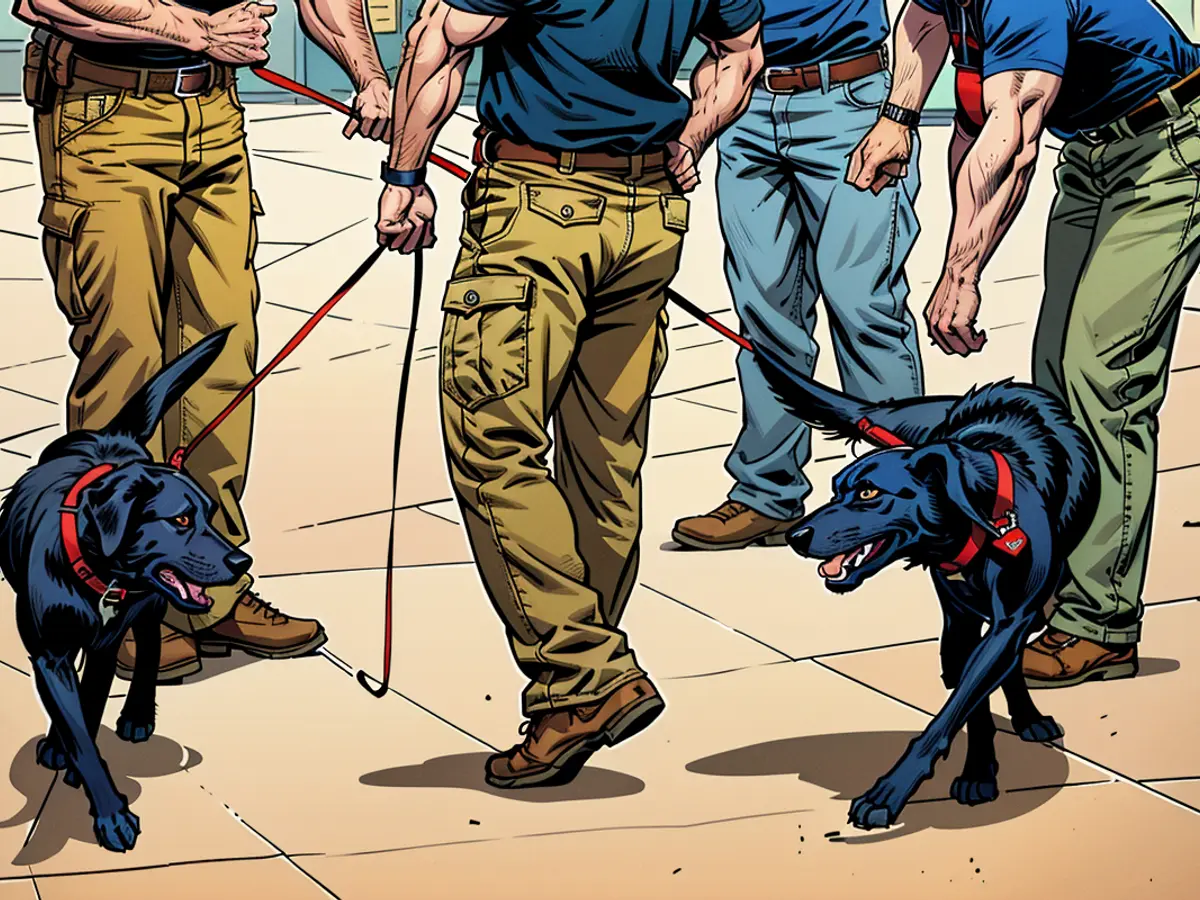Each explosive-detecting canine experiences its achievement ceremony.
The ATF's Canine Academy tucked in Virginia's Blue Ridge Mountains puts explosive-detecting puppies through an intense five-month boot camp, teaching them to identify numerous explosives.
The dogs who make it past the training program proceed to secure high-profile events such as the Super Bowl, the presidential inauguration, and the upcoming Republican and Democratic National conventions.
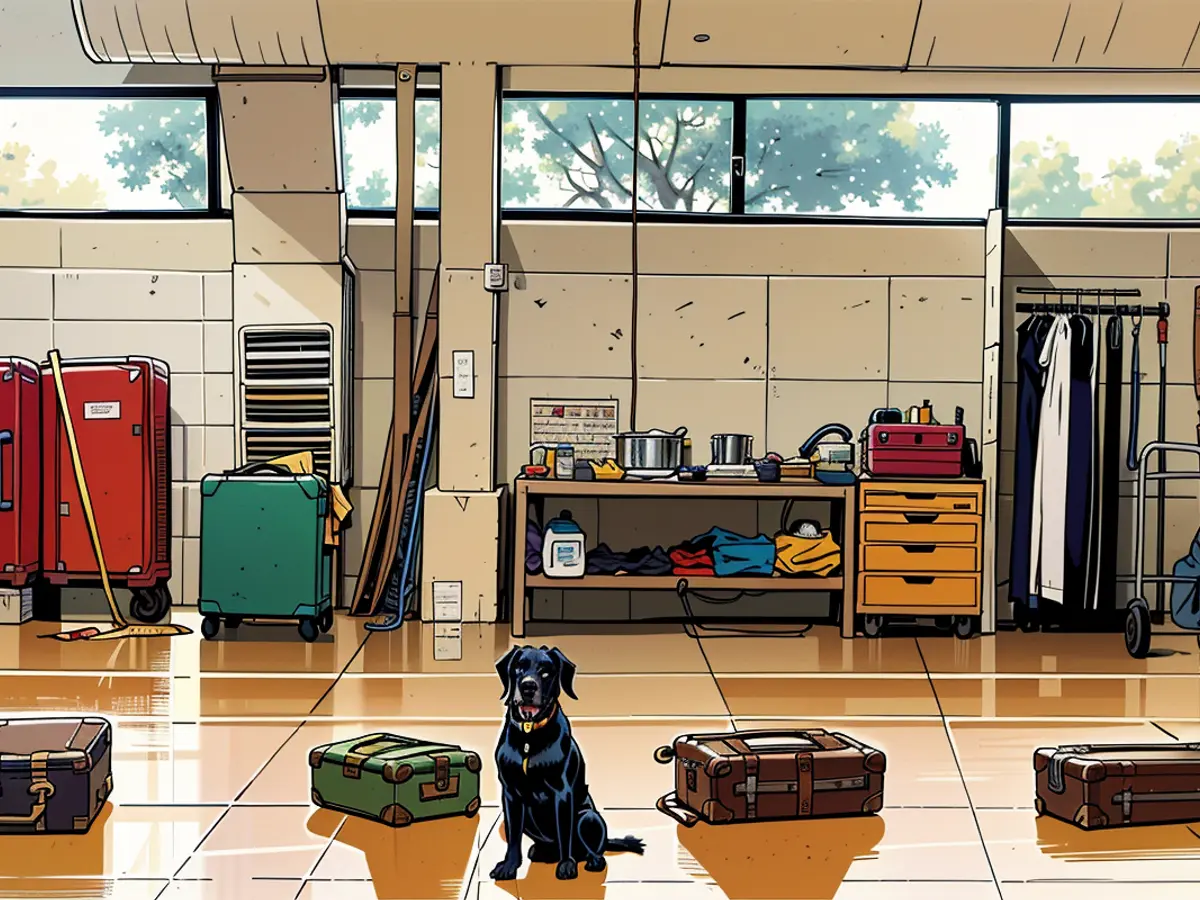
In a brief graduation ceremony at the complex on Friday, seven labrador retrievers and their human partners were honored before friends and family, receiving their well-deserved law enforcement badges.
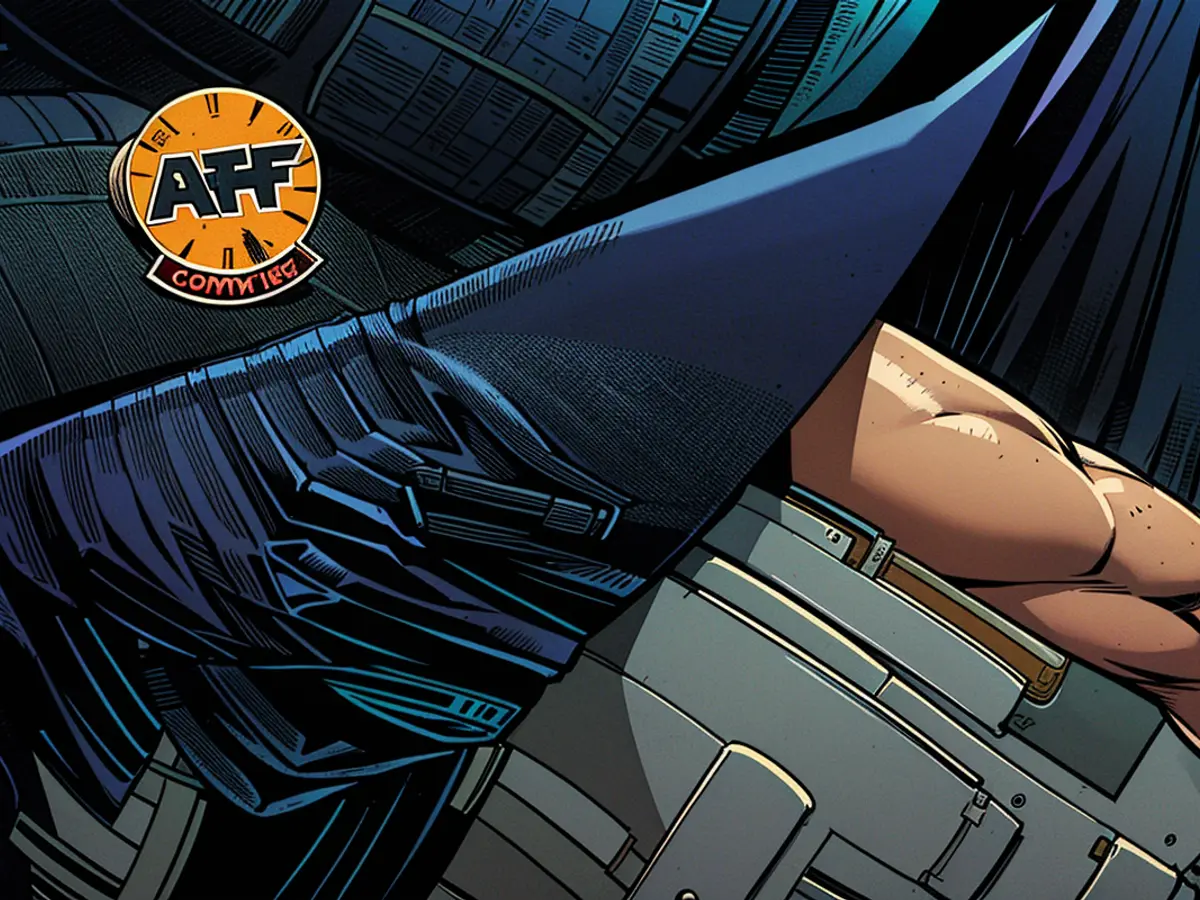
The graduates - Calvin, Oakley, and Murphy, allocated to Dallas, Atlanta, and Phoenix respectively; Maggie and her brother Zeus, heading to Richmond, Virginia, and New Orleans; Tara, the vocal one, moving to Oklahoma City; and Derby, bound for Huntsville, who will work at all University of Alabama football games - join the around 45 ATF explosive-detecting dogs across the country.
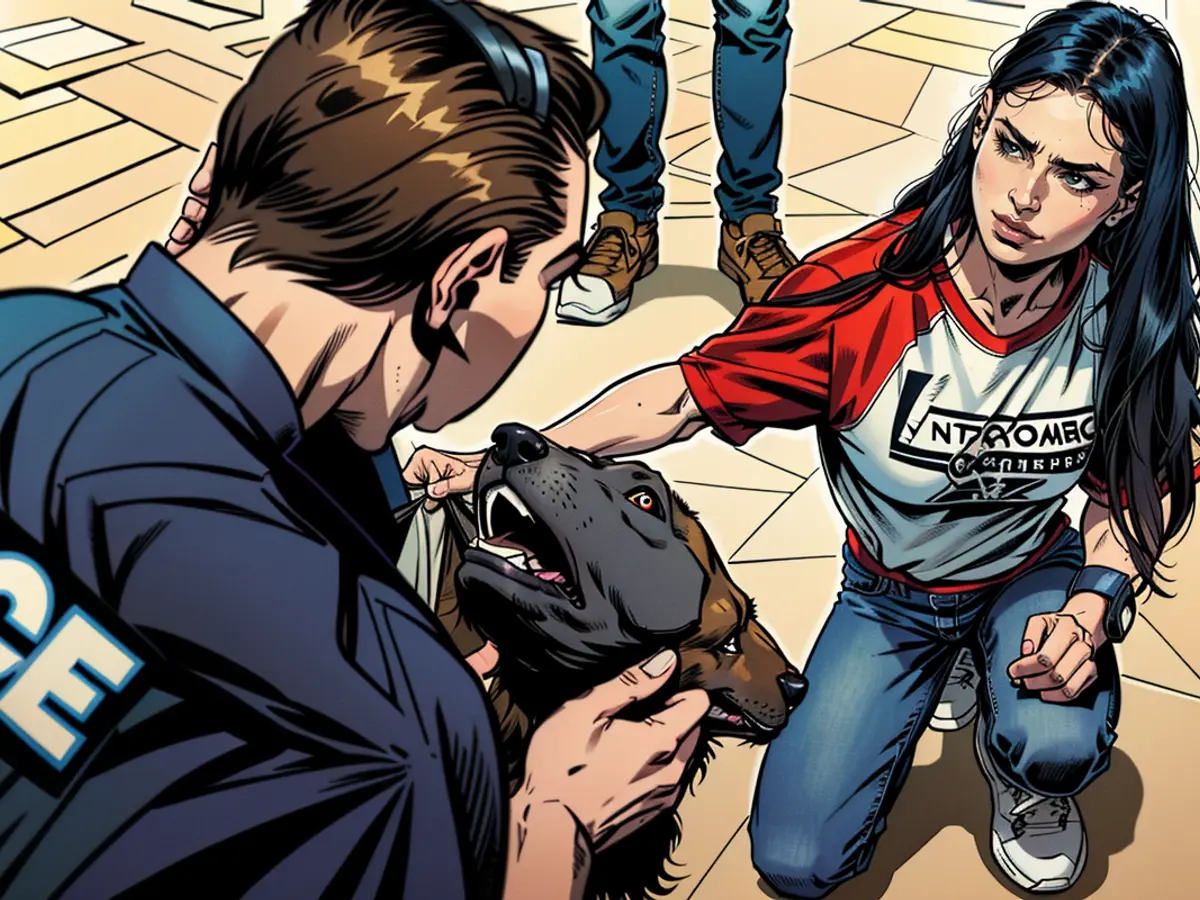
An extra yellow lab, Nellie, was present at the ceremony but didn't fully grasp the off-leash command in time for graduation, a trainer at the facility told CNN. Nellie is relocating to Wisconsin, still aiming for her badge.

Each dog is personally chosen from programs like Puppies Behind Bars to enter the ATF program. According to lead instructor Shawn Crawford, the essential evaluations the dogs face involve whether they can bounce back after a trainer drops a metal bucket behind them.

"If they freeze up during a bomb threat when a car backfires or something, then the agent and the dog become pointless in searching for the explosive device," Crawford explained.
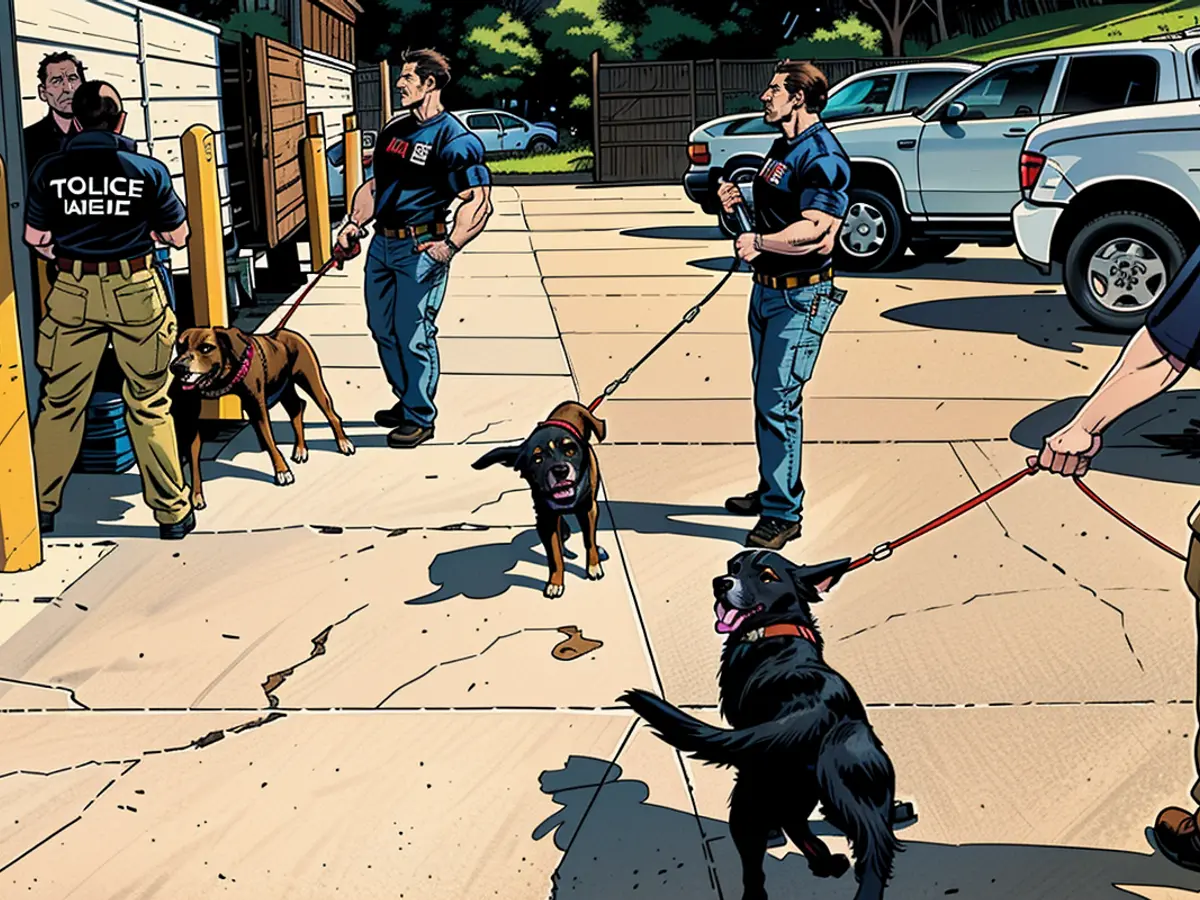
The dogs then undergo an extensive process of learning to detect explosives and ignitable liquids. They operate both on a leash or off-leash with hand signals, enabling handlers to maintain a safe distance in highly perilous situations like school shootings.
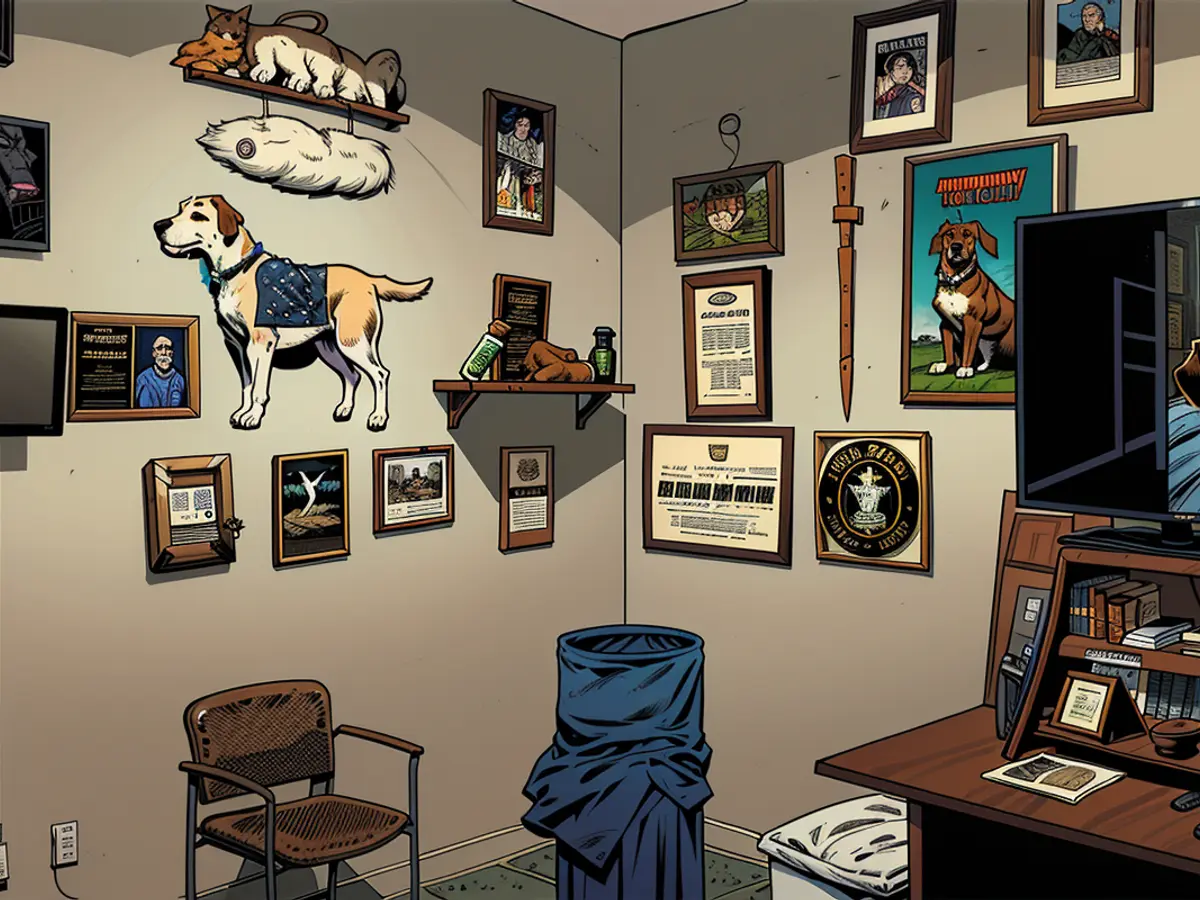
Crawford noted that the off-leash aspect of their training is akin to a fire extinguisher, which may not be utilized in their careers but is crucial for emergencies. The dogs must exhibit fearlessness.
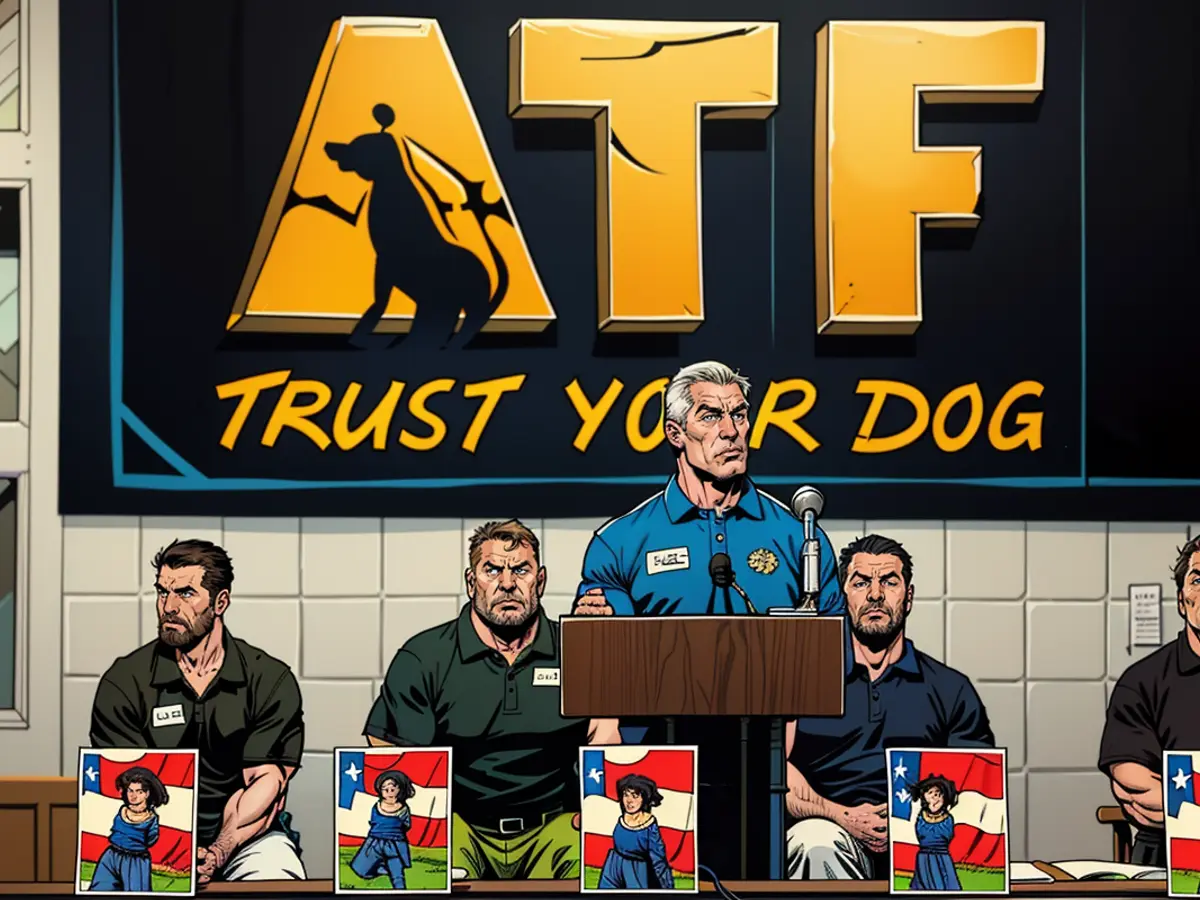
Becoming a handler is equally arduous. David Wiley, Derby's new handler, mentioned that one must have been an ATF special agent for at least five years before applying through a tough and selective process. Those selected undergo their own extensive training before partnering with a dog.
Friday's graduation was emotional for Wiley, as his previous canine partner, Ranger, was transitioning into retirement as a family pet. Ranger is happily adapting to civilian life, Wiley said, and has even learned to eat from a bowl (working dogs eat only from their handlers’ hands).
Crawford, who has overseen the ATF training program for almost three decades, also has his own dog at home, a Pomeranian who, according to him, "knows nothing."
